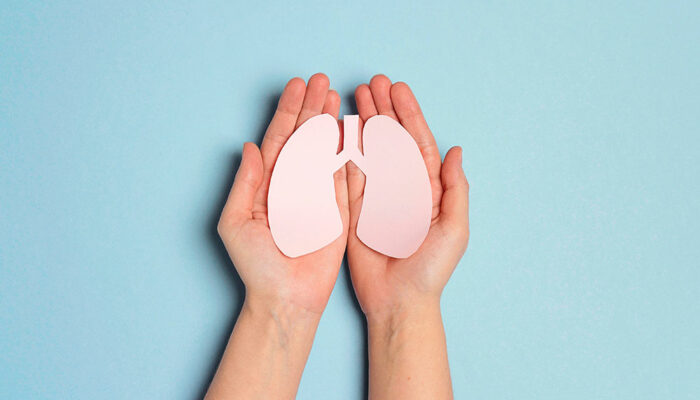
Health
Top 10 warning signs of poor blood circulation
Blood circulation is among the most crucial bodily functions. Red blood cells (RBCs) continuously supply freshly oxygenated blood to different organs, supporting all major metabolic, digestive, cognitive, and cardiovascular processes. Any interruption in this supply can trigger a chain reaction of complications, leading to poor health. Here are ten common signs of poor blood circulation that one must never ignore. Individuals should visit an expert immediately upon experiencing these symptoms to determine the underlying cause. Swelling Swelling is one of the first noticeable signs of poor blood circulation, which usually occurs in the hands and feet. It is accompanied by a warm sensation under the skin as the blood backs up and pools into a single area due to obstructions in arteries and veins. As blood circulation reduces, one might also experience numbness and tingling in the hands and feet. The numbness and tingling sensations are similar to what one experiences when pins and needles prick the skin. Dry skin Another visible symptom of poor circulation is dry skin. A lack of blood flow affects the regeneration of healthy skin cells, causing the old cells to crack up and form dry patches. If left unchecked, these dry patches can become infected and develop wounds that take time to heal.
Read More 








